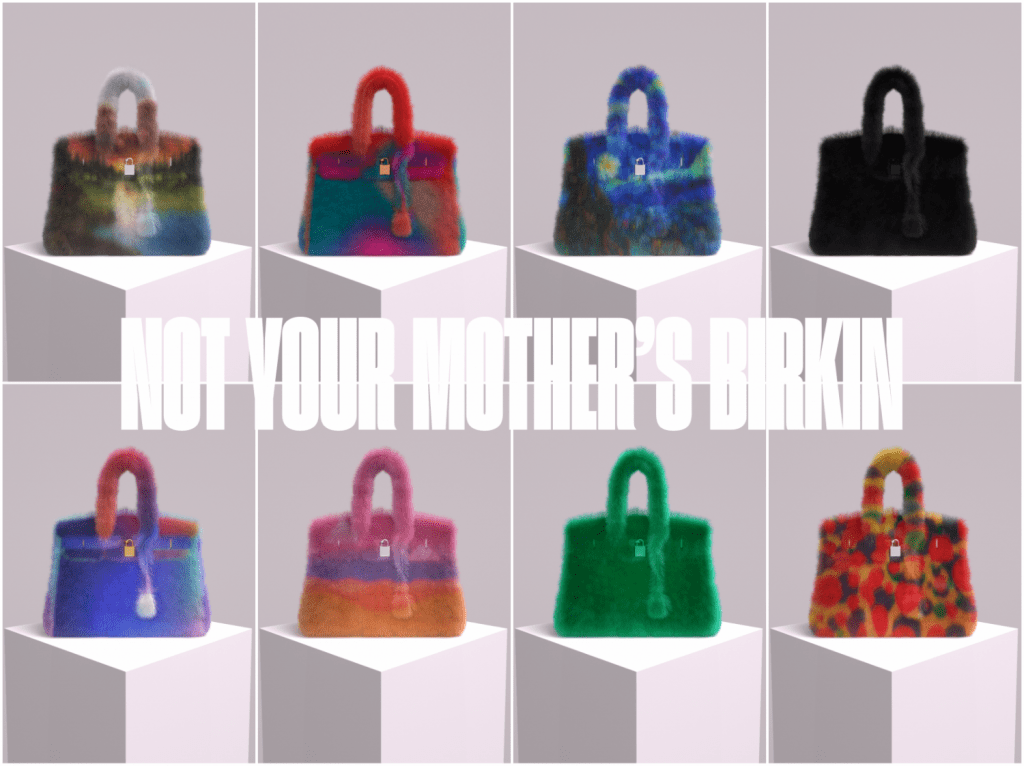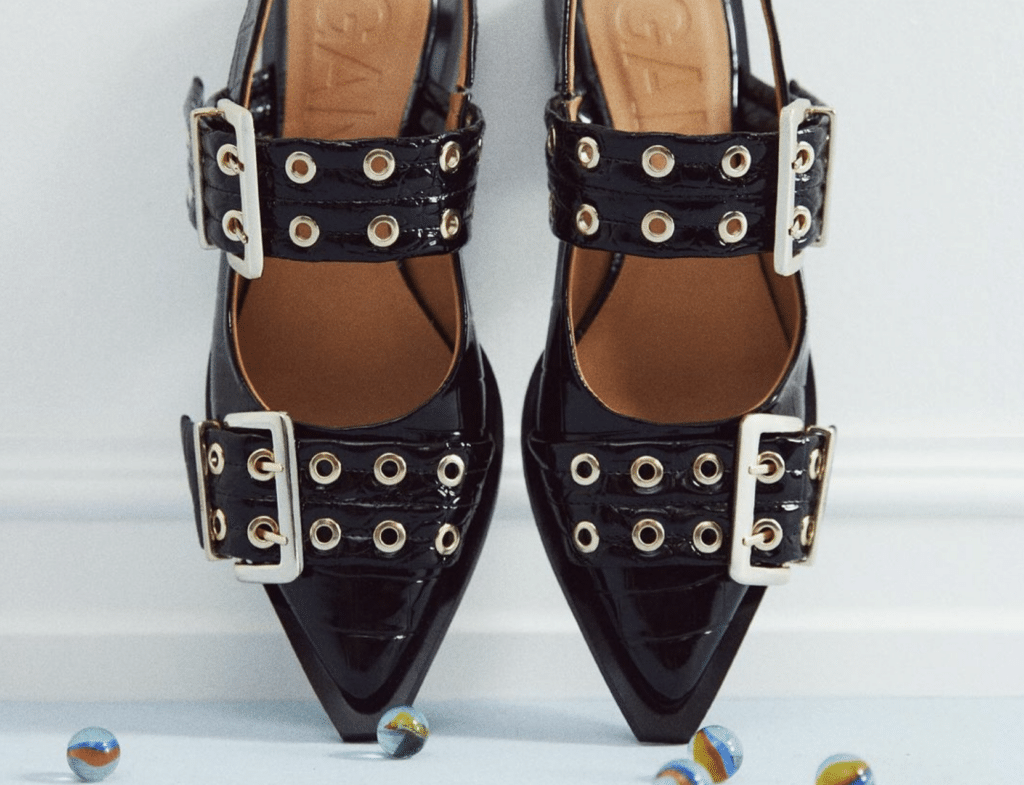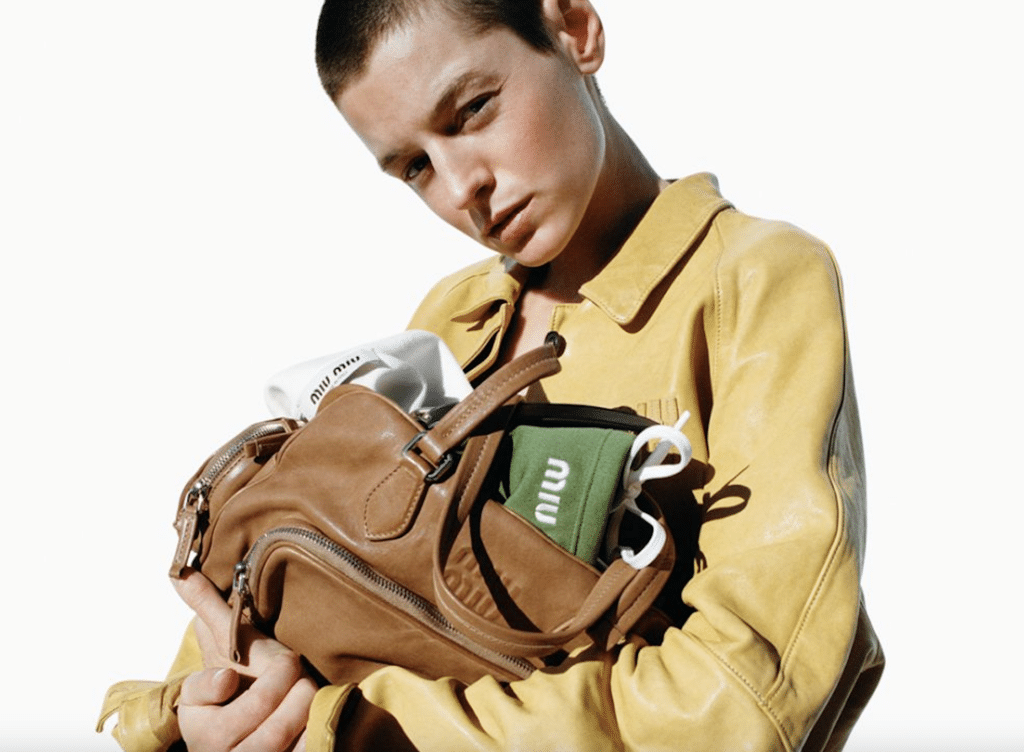The latest development in the Hermès v. Rothschild came this week – and it is a win for the French luxury goods brand. In an order dated May 5, Judge Jed Rakoff of the U.S. District Court for the Southern District of New York denied Mason Rothschild’s motion to dismiss Hermès’ trademark suit that centers on Rothschild’s MetaBirkins NFTs. In arguments before the court (via phone) on Wednesday, counsel for Hermès argued that despite his claims to the contrary, Rothschild has used the MetaBirkins name as a trademark and is not commenting on “anything” with the NFTs and instead, is merely trading off of the Hermès brand to sell (virtual) products of his own. Meanwhile, counsel for Rothschild doubled-down in its claims that emphasize the difference between Hermès’ offerings and Rothschild’s NFTs, the latter of which are “picture[s] of fanciful, fur-covered handbag[s]” – not handbags, and Rothschild’s alleged attempt to comment on/challenge the meaning of luxury.
The order comes on the heels of counsel for Rothschild filing a motion to dismiss, in which they argued that Hermès’ trademark infringement and dilution claims should be dismissed based on precedent set out in Rogers v. Grimaldi, which essentially establishes that the use of a trademark in an artistic work is actionable only if the use of the mark has no artistic relevance to the underlying work, or explicitly misleads as to the source or content of the work. Rothschild’s counsel asserted that his “fanciful depictions of fur-covered Birkin bags and his identification of his artworks as ‘MetaBirkins’” meet the “low threshold of minimal artistic relevance,” and that there is “nothing explicitly misleading about Rothschild’s depictions of Birkin bags, his use of the ‘MetaBirkins’ name as the title of his art project” and/or his use of the term on his website and social media accounts.
Rothschild’s team further claimed that Hermès is attempting “to avoid Rogers by alleging that Rothschild’s identification of his art project by the MetaBirkins name and his use of that name for social media and online accounts dedicated to the art project constitutes ‘trademark use’” of its famous “Birkin” trademark. Taking issue with that approach, Rothschild’s counsel argued that there is no “trademark use” exclusion from Rogers, and that “the doctrine applies to claims against the name or content of expressive works,” and that “every single one” of Rothschild’s allegedly infringing uses that Hermès identifies “refers to the MetaBirkins digital artworks.”
“It bears repeating,” Rothschild argued, “that Hermès does not and cannot allege any uses [of its marks] unrelated to the artworks,” and in fact, “alleges only that Rothschild markets his art by name and uses the obvious modern authentication and promotional tools to do so.”
Hermès responded with a memo in opposition, asserting last month that Rothschild’s motion to dismiss should be tossed out, as it has sufficiently pleaded claims for trademark infringement, trademark dilution, and cybersquatting. Speaking specifically to its trademark infringement claim, Hermès primarily alleged that that Rothschild is using the MetaBirkins name as an indicator of source (i.e., as a trademark), arguing that the use of a trademark “to identify a product line and to promote a business enterprise is the essence of trademark use.” And in a nod to Rothschild’s use of the MetaBirkins name as the domain for his website and as the handle for across various social media channels, Hermès pointed to the U.S. Court of Appeals for the Second Circuit’s long recognition that “use of a mark as the address, or name, of a website,” for examples, “is a trademark use.”
Hermès first filed suit against Rothschild in a New York federal court in January, setting out claims of federal and common law trademark infringement, false designation of origin, trademark dilution, cybersquatting, and injury to business reputation and dilution under New York General Business Law. The company is seeking monetary damages, including Rothschild’s profits, and injunctive relief to bar him from making further use of its trademarks, such as by “using any reproduction, copy, counterfeit, or colorable imitation of Hermès’ federally registered trademarks to identify any goods or the rendering of any services not authorized by Hermès.”
More than merely a clash between the two parties, the case is striking, as it will potentially have significant implications for other brands and creators operating in the NFT space, which is rife with questions and uncertainty due to the relative novelty of the tech, which started garnering mainstream over the past year.
Judge Rakoff says that he will issue a full opinion in “due course.”
The case is Hermès International, et al. v. Mason Rothschild, 1:22-cv-00384 (SDNY).











